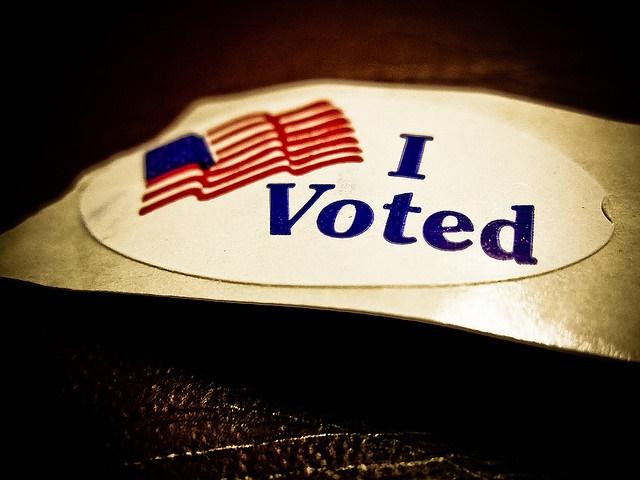Wisconsin has long been at the forefront of movements to expand national suffrage. In 1866, the Wisconsin Supreme Court established suffrage for black men — the fourth state to do so. In 1919, Wisconsin became the first state to ratify 19th Amendment granting national suffrage to women.
Wisconsin should rediscover its commitment to this democratic ideal and enfranchise prisoners, a group that has too long been denied the ballot.
In Wisconsin, convicted felons may only vote after completing their entire sentence, which typically includes prison, parole, and probation. Of the 23,478 adults incarcerated and 65,610 on probation or parole last week, none are permitted to vote.
Currently, Wisconsin prisoners are denied suffrage but are counted as electors in the communities where they are incarcerated — a practice that distorts political power across the state. Counting prisoners in the U.S. Census as residents of the communities where they are incarcerated, but then denying prisoners the vote, shifts power from urban communities — which are more racially diverse and tend to vote Democratic — to predominantly white, conservative, rural districts where most Wisconsin prisons are built. This political and geographic disparity, which has grown tremendously, threatens the central ideal of electoral democracy — “one person, one vote.”
And since the ideal is constitutionally mandated, the disparity violates the law. As “the prison population has risen exponentially in the past couple of decades — counting the people in prison in the wrong place now undermines the Supreme Court’s requirement that political power be apportioned on the basis of population,” the Prison Policy Institute explains.
Several state legislative districts are dominated by a prison, giving the non-incarcerated members of the district outsize political influence. In Juneau County, 80 percent of one district is incarcerated. Seventy-five percent of District 2 in Waupun County is incarcerated.
Counting prisoners outside of their community also violates Wisconsin statute that a person’s residence be determined “where the person’s habitation is fixed, without any present intent to move, and to which, when absent, the person intends to return.” Since prisoners have no intention of returning to prison after they serve their sentences, they cannot be counted as residents of the place they are incarcerated.
A truly democratic society encourages its members to participate in its political institutions. For this reason, elections, the most direct form of political participation, must be free and open to all society’s members. Societies that want to call themselves democratic have a collective obligation to ensure free and full participation in elections, or in whatever process allows society’s members to govern themselves.
If prisoners are stripped of their civil rights — given a “civil death,” even temporarily — a society cannot properly call itself democratic, because it is no longer committed to near-universal suffrage.
It is likewise the social obligation of members of a democratic society to take advantage of their political processes to govern their communities. Disenfranchising prisoners strips them of the ability to fulfill this social obligation.
Disenfranchising felons isn’t just undemocratic in principle — it’s undemocratic in reality. As early as 2003, researchers recognized that felon disenfranchisement was affecting the outcome of national elections. Because U.S. presidential elections are decided by a handful of swing states, disenfranchising felons — largely left or Democratic-leaning voters — tends to benefit Republican candidates.
In examining electoral data from Florida, two sociologists concluded that Al Gore would have carried Florida and the 2000 election had disenfranchised felons been permitted to vote.
‘Inherently violent’: The problem with the prison system is its very existence
There are examples closer to home. The current U.S. president carried Wisconsin by 22,748 votes in 2016, roughly a third of the 65,724 people on parole and probation — and quarter of the 88,305 in total custody — at the time.
Had Wisconsin parolees and prisoners been permitted to vote in 2016, it is possible the election may have swung differently. The margin in Michigan was even closer. Disenfranchised voters may well have swung the election there, too.
In Wisconsin, unlike other states, there is no need for a constitutional referendum. The Wisconsin constitution allows for the legislature to determine the suffrage rights of felons and prisoners, and we should use this power to enfranchise them. Model legislation has even been crafted to ease the process.
Wisconsin’s elected officials should be constantly striving to make our state’s elections more free, fair and open. Giving prisoners the vote is the next step.
Sam Ropa ([email protected]) is a senior majoring in geography and anthropology.





















